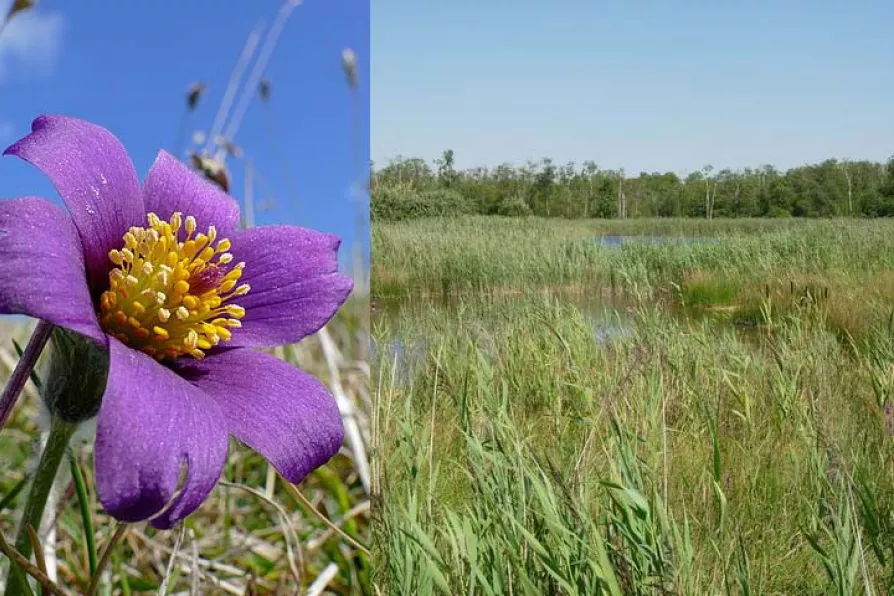As tens of thousands return to the streets for the first national Palestine march of 2026, this movement refuses to be sidelined or silenced, says PETER LEARY

 A reedbed at Chippenham Fen (Pic: Hugh Venables/Creative Commons) and a pasqueflower (Pic Bernard Dupont/Creative Commons)
A reedbed at Chippenham Fen (Pic: Hugh Venables/Creative Commons) and a pasqueflower (Pic Bernard Dupont/Creative Commons)
AS I stood on the top of Mount Caburn, a chalk promontory of the South Downs, and looked east, I could see, stretching for many miles, the landscape that has been created over 140 million years. Scarps and combes, floodplains, ridges and rivers.
I could “read” this sleeping giant of a landscape and its deep-time story in all its natural detail, under its soft blanket of woods, pastures, crops, and villages.
I could picture the immense tectonic heavings that had thrust up the Wealden Dome, and I could see the Ice Age torrents, freezings and meltings that had eroded the chalks, clays, and sandstones back to their current forms.

BRENT CUTLER welcomes a valuable contribution to discussions around the need to de-carbonise energy production

One of the major criticisms of China’s breakneck development in recent decades has been the impact on nature — returning after 15 years away, BEN CHACKO assessed whether the government’s recent turn to environmentalism has yielded results

This year’s march and swim in a reservoir in the Peak District will continue the fight for 'access for all' in a nation where 92 per cent of land remains inaccessible to the public, writes SHAILA SHOBNAM











